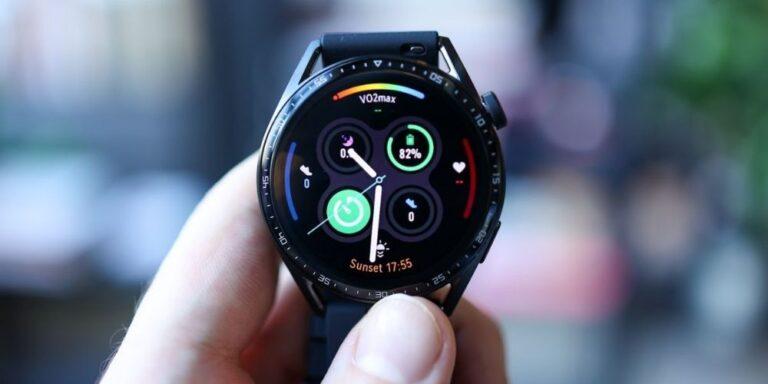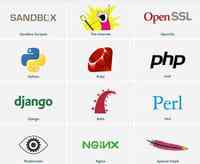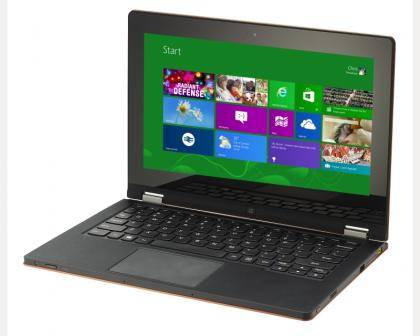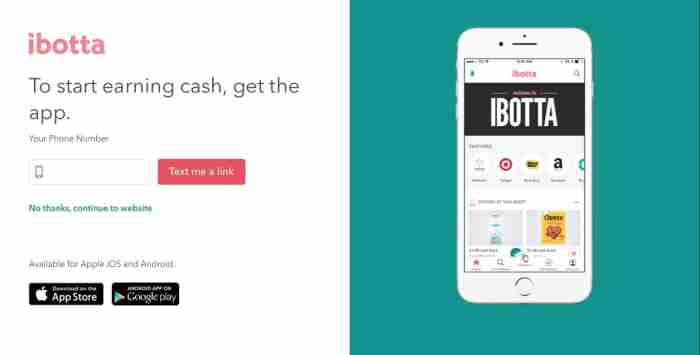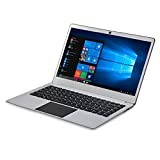Is Big Data Dangerous?
Is big data a potential business enabler or a potential business killer? That depends on whether you are using it for helping companies understand their customers, helping them grow, and helping them make more informed decisions. If you think that big data is all about accuracy, re-sell opportunities, and getting ahead of the competition, then you better prepare to throw your computer chair out the window because it's not. Is big data a potential business enabler or a potential business killer? That depends on whether you are using it for helping companies understand their customers, helping them grow, and helping them make more informed decisions. If you think that big data is all about accuracy, re-sell opportunities, and getting ahead of the competition, then you better prepare to throw your computer chair out the window because it's not.
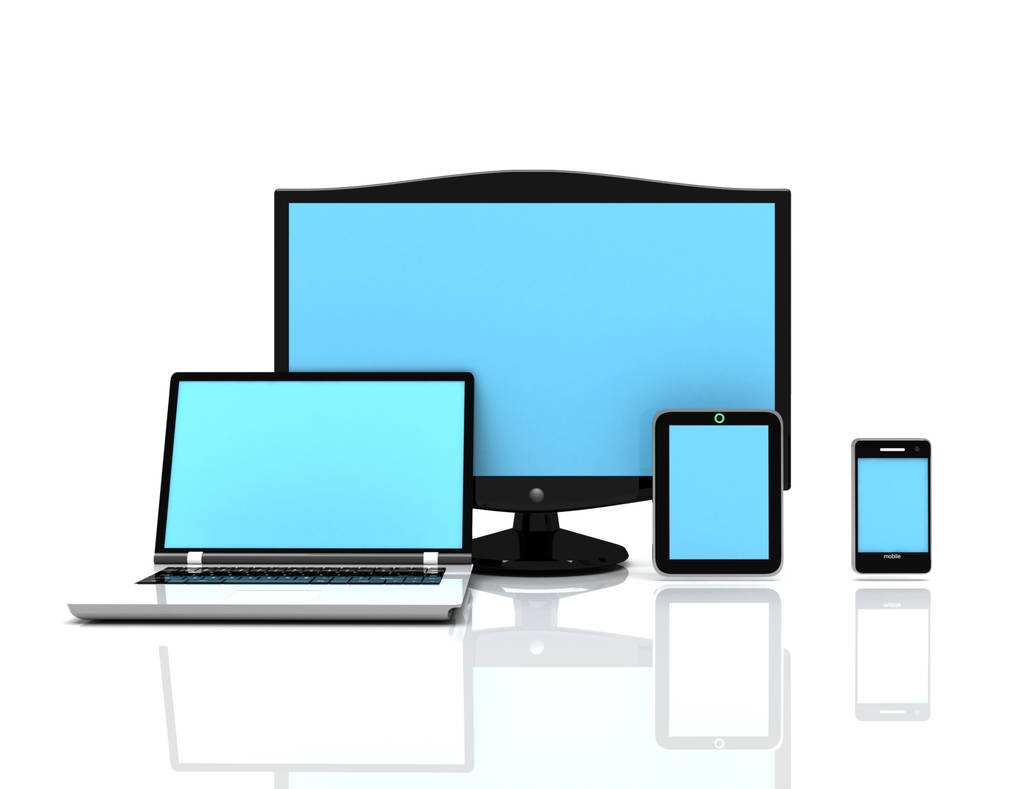
I use data analytics on a daily basis to help my clients and I understand consumer preferences, tastes, buying habits, and more. I believe in the power of data. As a former franchisor, I was often blindsided by how powerful our brand was to our new franchisees. The data really told the story. Today's top franchises use data and analytics to leverage their market position and improve their customer satisfaction.
But beware. There are people who misuse big data and use it to their advantage. This is the same folks that used Enron to purge the accounting records of their clients' balance sheets. These folks apparently feel so confident about their misuse of big data that they convinced Congress and the Federal Trade Commission to pass bills that essentially legalize Enron's illegal activities.
So what does this mean for the entrepreneurial entrepreneur? Don't be surprised if you fall victim to the same scams that the Enron criminals were behind. Remember, these people don't care about how many consumers you have. They only care about how many are their paying customers. They will go to great lengths to keep this information hidden.
So what can you do? First, you need to understand how to guard yourself from potential trouble. Second, you need to understand why this data is so valuable. Finally, you need to figure out how to leverage it. There are a few ways to do this.
First, you should only use EMR (electronic medical records) when absolutely necessary. By doing this, you will not be penalized for opting out of EMR. You may, however, find that other health care providers will want to use your electronic medical records against you if they think you chose to disregard their EMR. Your best bet in this case would be to simply opt-out.
Second, when considering any type of medical data use, you should only store it on laptops or external drives that can't be tampered with. For example, you should use external hard drives that are password protected. Thirdly, you should only use the laptop to save your data. Fourthly, don't use your cell phone to log into your health data.
Lastly, you can always use facial recognition software to scan your surroundings. If you use your cellphone to take photos, you can always set that to send the images to your home computer. This will make the data completely safe, as there won't be anyone that can get their hands on it. However, if you do use facial recognition software, remember to turn that off whenever you leave your home. That way, you won't be bothered by jealous ex-husbands, or random strangers taking pictures of you in private areas of your home.
Despite the potential for big data misuse, new technologies are appearing that will reduce some of the risks. For instance, all smartphones will include facial recognition software. At the very least, anyone taking a picture with their new smartphone will have their face appear. Of course, as time goes on, more advanced facial recognition software will enable phones to recognize even more things about a person, including age and gender.
There are also steps you can take to minimize the potential for big data misuse. First, if you aren't sure how someone else may be viewing your data, you should delete it immediately. This is less likely to affect current data, but it is still a good practice for future data too.
Also, make sure that you change your password often. Don't use your current one too often. While changing the password frequently is a great idea, it is best to change it at least once a year, even if the security is fairly tight.
Finally, make sure that you do not keep your private and public data on the same server or network. If you do, it is possible for someone to take advantage of that data by observing it without authorization. Just as is the case with financial and healthcare data, there are serious concerns that this type of activity may be taking place. Therefore, it is imperative that you keep your data separate in order to protect yourself and your company.


